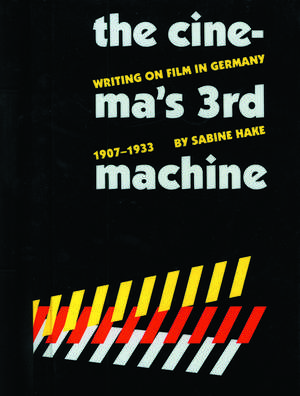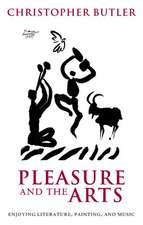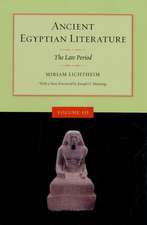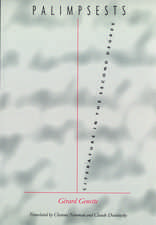The Cinema's Third Machine: Writing on Film in Germany, 1907-1933
Autor Sabine Hakeen Limba Engleză Hardback – 31 aug 1993
The improvements in the technology, artistry, and distribution of motion pictures coincided with the traumas of modern Germany. It is hardly to be wondered that filmmakers frequently turned their cameras on Germany's social and political problems that propagandists regularly sought to manipulate them, that entrepreneurs tried to exploit them, and that German thinkers brooded upon the relationship between German society, politics, and the films that represented them all. From these tangled motives a rich discourse on film emerged that paralleled or anticipated discourses in the other film centers of the world.
The Cinema's Third Machine reproduces the diversity of perspectives and the intensity of controversies of early German film within the broad context of German social and political history, from the aesthetic rapture of the first years to the institutionalization of film by the national socialist state. Many texts have been rediscovered and are now presented to modern scholars for the first time. Hake treats all aspects of the medium: production, promotion, education, journalism, aesthetics, and political activism, following throughout the various forms criticism assumed.
Preț: 433.38 lei
Nou
Puncte Express: 650
Preț estimativ în valută:
82.93€ • 86.41$ • 68.66£
82.93€ • 86.41$ • 68.66£
Carte tipărită la comandă
Livrare economică 03-17 aprilie
Preluare comenzi: 021 569.72.76
Specificații
ISBN-13: 9780803223653
ISBN-10: 080322365X
Pagini: 354
Dimensiuni: 152 x 235 x 30 mm
Greutate: 0.7 kg
Ediția:New.
Editura: Nebraska
Colecția University of Nebraska Press
Locul publicării:United States
ISBN-10: 080322365X
Pagini: 354
Dimensiuni: 152 x 235 x 30 mm
Greutate: 0.7 kg
Ediția:New.
Editura: Nebraska
Colecția University of Nebraska Press
Locul publicării:United States
Notă biografică
Sabine Hake is the Texas Chair of German Literature and Culture at the University of Texas at Austin. She is the author of Passions and Deceptions: The Early Films of Ernst Lubitsch.
Recenzii
"Discourse about the cinema is . . . its third machine: after the one that manufactures the film, and the one that consumes them, the one that vaunts them, that valorizes the product."—Christian Metz
"Smart and superbly researched."—Choice
"A major contribution to the fields of film and German studies. There is, in fact, no other study either in English or in German that addresses such a wide variety of discourses on cinema in Imperial and Weimar Germany, and no other study that attempts a broad historical analysis with such critical and theoretical acuity."—Patrice Petro, University of Wisconsin-Madison












